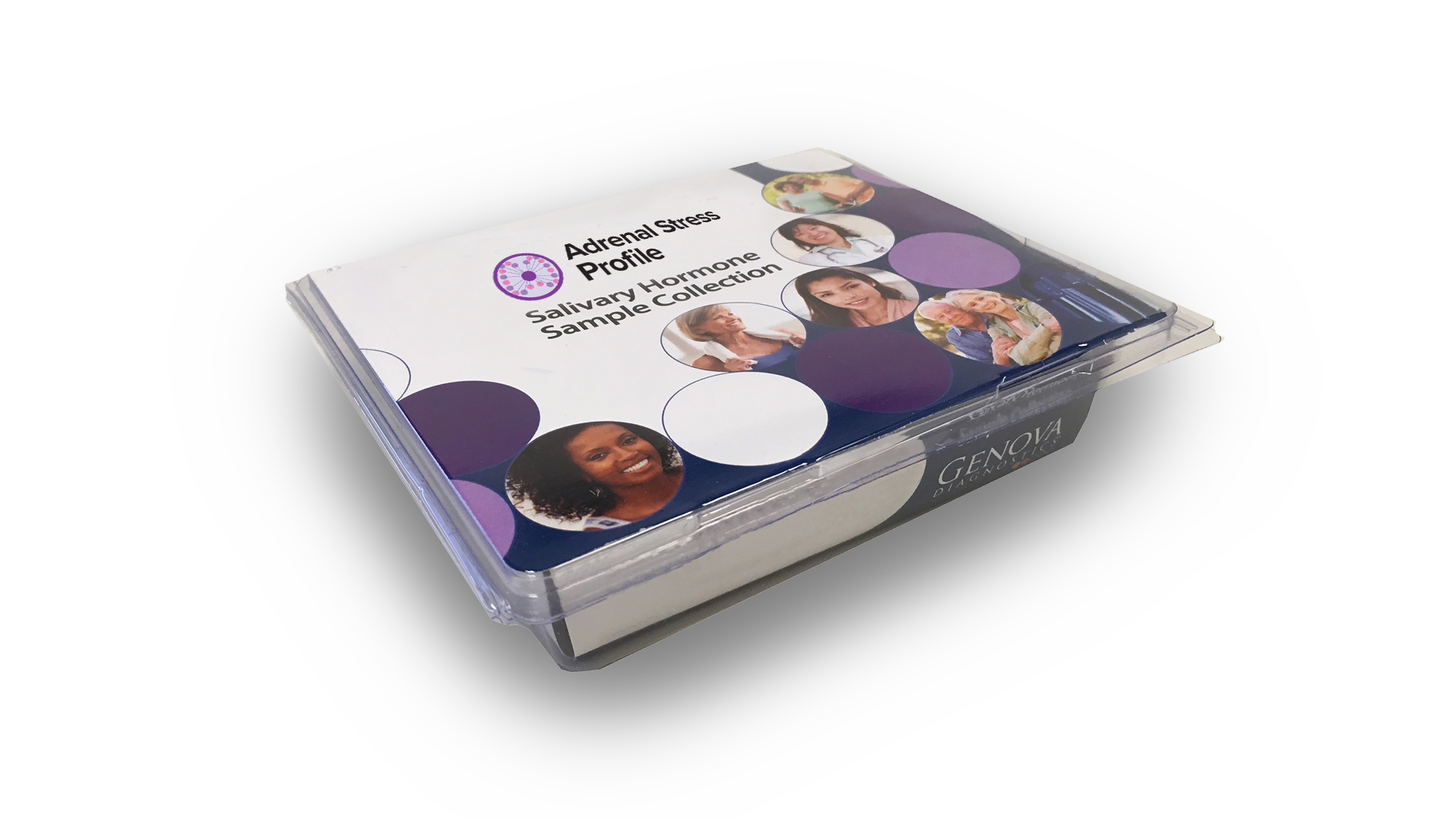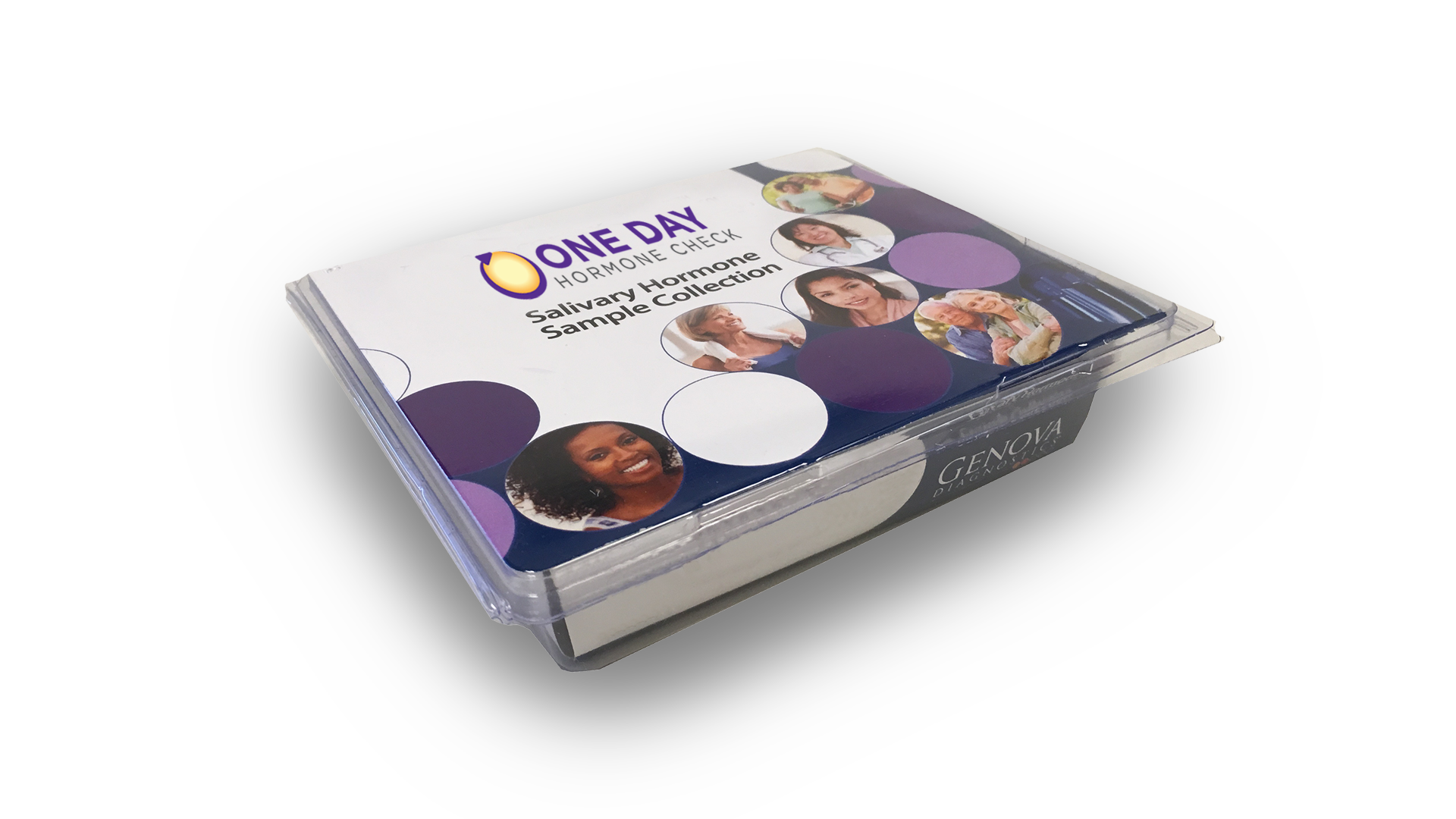We use cookies to enhance your browsing experience and analyze the performance of our website. By clicking Continue, you agree to the use of cookies. For more information, please see our Privacy Policy or update your Cookie Preferences.

Thyroid Plus is a hormone profile that provides a thorough analysis of thyroid hormone metabolism. It includes central thyroid gland regulation and activity, thyroid production and secretion, peripheral thyroid conversion, and thyroid autoimmunity. This hormone profile allows the practitioner to pinpoint common imbalances that underlie a broad spectrum of chronic illness. This profile analyses serum levels of TSH, free T4, free T3, reverse T3, anti-TG antibodies, and anti-TPO antibodies to assess central and peripheral thyroid function, as well as thyroid auto-immunity.
Thyroid hormones are essential and primary regulators of the body's metabolism. Hormone imbalances can affect virtually every metabolic process in the body, exerting significant effects on mood and energy level.
Thyroid Plus is a hormonal profile which reveals imbalances that often go undetected with more limited assessments. This thyroid hormone testing measures:
Ensuring healthy thyroid function is clinically essential. Optimal thyroid function may help safeguard against the pathogenesis of diabetes, obesity, heart disease, and depression. Thyroid hormones also play central metabolic roles in healthy sexual and reproductive function in both women and men. Because they are essential for IGF-1 production, thyroid hormones significantly affect lipid metabolism.
Thyroid Plus is a hormone profile that provides a thorough analysis of thyroid hormone metabolism. It includes central thyroid gland regulation and activity, thyroid production and secretion, peripheral thyroid conversion, and thyroid autoimmunity. This hormone profile allows the practitioner to pinpoint common imbalances that underlie a broad spectrum of chronic illness. This profile analyses serum levels of TSH, free T4, free T3, reverse T3, anti-TG antibodies, and anti-TPO antibodies to assess central and peripheral thyroid function, as well as thyroid auto-immunity.
Thyroid hormones are essential and primary regulators of the body's metabolism. Hormone imbalances can affect virtually every metabolic process in the body, exerting significant effects on mood and energy level.
Thyroid Plus is a hormonal profile which reveals imbalances that often go undetected with more limited assessments. This thyroid hormone testing measures:
Ensuring healthy thyroid function is clinically essential. Optimal thyroid function may help safeguard against the pathogenesis of diabetes, obesity, heart disease, and depression. Thyroid hormones also play central metabolic roles in healthy sexual and reproductive function in both women and men. Because they are essential for IGF-1 production, thyroid hormones significantly affect lipid metabolism.
Review information on the Test Preparation tab above for details on how medications and supplements may impact this test.
Support guides, charts, and additional aids can be found on the Support Materials tab. Additional educational materials can be found in our Learning Library.
Related Products
Symptoms of conditions can overlap. Certain disease states can influence other body systems. Additional testing can help identify those abnormalities.


The Adrenal Stress Profile (ASP) provides an assessment of the Hypothalamic-Pituitary-Adrenal (HPA) axis using carefully timed salivary samples of the hormones cortisol and DHEA.


The One Day Hormone Check™ is a convenient salivary hormone test that evaluates unbound, bioavailable hormone levels. Hormone testing can help clinicians customise and monitor therapies.